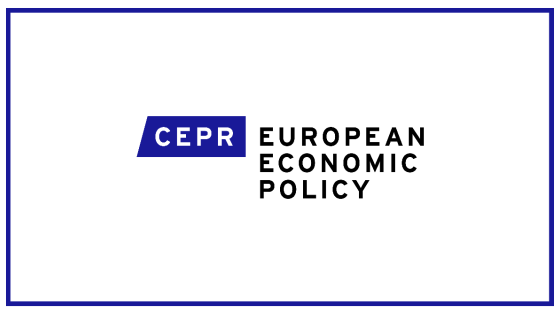

Search the site

The construction of Europe as an integrated economic social and political region able to deliver inclusive prosperity and sustainable growth for its member states and across its boundaries has been a focus area of research and policy at CEPR for decades. In recent years, CEPR researchers have engaged in the debate about the reform of its Macroeconomic Policy strategies and institutions, contributing a number of policy proposals on how monetary fiscal and regulatory policies can interact most effectively. Much of the problems are common to other regions in the world: which macroeconomic policy framework is best suited to deal with large tail shocks such as the COVID-19 pandemic, to stabilize economies with a high level of public and private debt, to adjust to long-term trends in ageing and productivity, and to manage the macro dimensions of climate change and energy transition? Specific to the euro area are issues arising from the coexistence of independent fiscal policies and asymmetric fiscal outlooks, as well as from the need to define, deliver and finance common public goods and policies and contain imbalances.
In the past decades, “Rebooting Europe Project” endeavoured to find a consensus on the underlying causes and possible solutions of the crisis (Baldwin and Giavazzi 2015 and 2016). Two reports on Monitoring the Eurozone (2015 and 2016) made concrete proposals on how to reinforce the euro area construction and finally, CEPR Policy Insight 91 (2018), created an intense debate on how to reconcile risk sharing with market discipline in the euro area. Macroeconomic themes were centrestage in the debates on the CEPR debates on how to address the COVID-19 pandemic. The debate on Euro Area Reform on CEPR's policy portal VoxEU has gathered high-level reactions to this proposal.
From the pandemics and the War in the Ukraine on, the macroeconomic environment has profoundly changed, challenging the economic policy model as it has evolved in the post-GFC era. Conventional boundaries between monetary fiscal and regulatory policies have been blurred and interactions among these policies have become the norm. The question is how to make our policy institutions stronger, so to preserve the credibility and effectiveness of their policies. The purpose of the RPN on European Economic Policy (EEP) is to cons the leading forum for constructive contributions on reformulating the policy model.
The RPN is expected to become a key source of expertise on policy issues in particular for the euro area, and will help bridge national divisions in views and create a productive debate. Among its qualifying goals is promoting a stricter and effective integration of research and policy assessment/design, favouring multi-disciplinarity with the constructive engagement of economists with political scientists, historians and law experts. A particular promising direction of analysis, booming especially after COVID-19, consists of taking advantage of the increasing availability of large and rich databases on firms and households behaviour and government projects to pursue a micro-to-macro approach to policy evaluation.
The European Economic Architecture (EEA) RPN, established in September 2018 for an initial three-year term, has now evolved and been renamed European Economic Policy (EEP). It is currently led by Giancarlo Corsetti.
On Saturday, 9 December 2023, 14:30 - 15:30 (Paris time), the European Economic Policy RPN held the Panel "Rebuilding an Agenda for Europe" at Sciences Po during the CEPR Paris Symposium 2023.
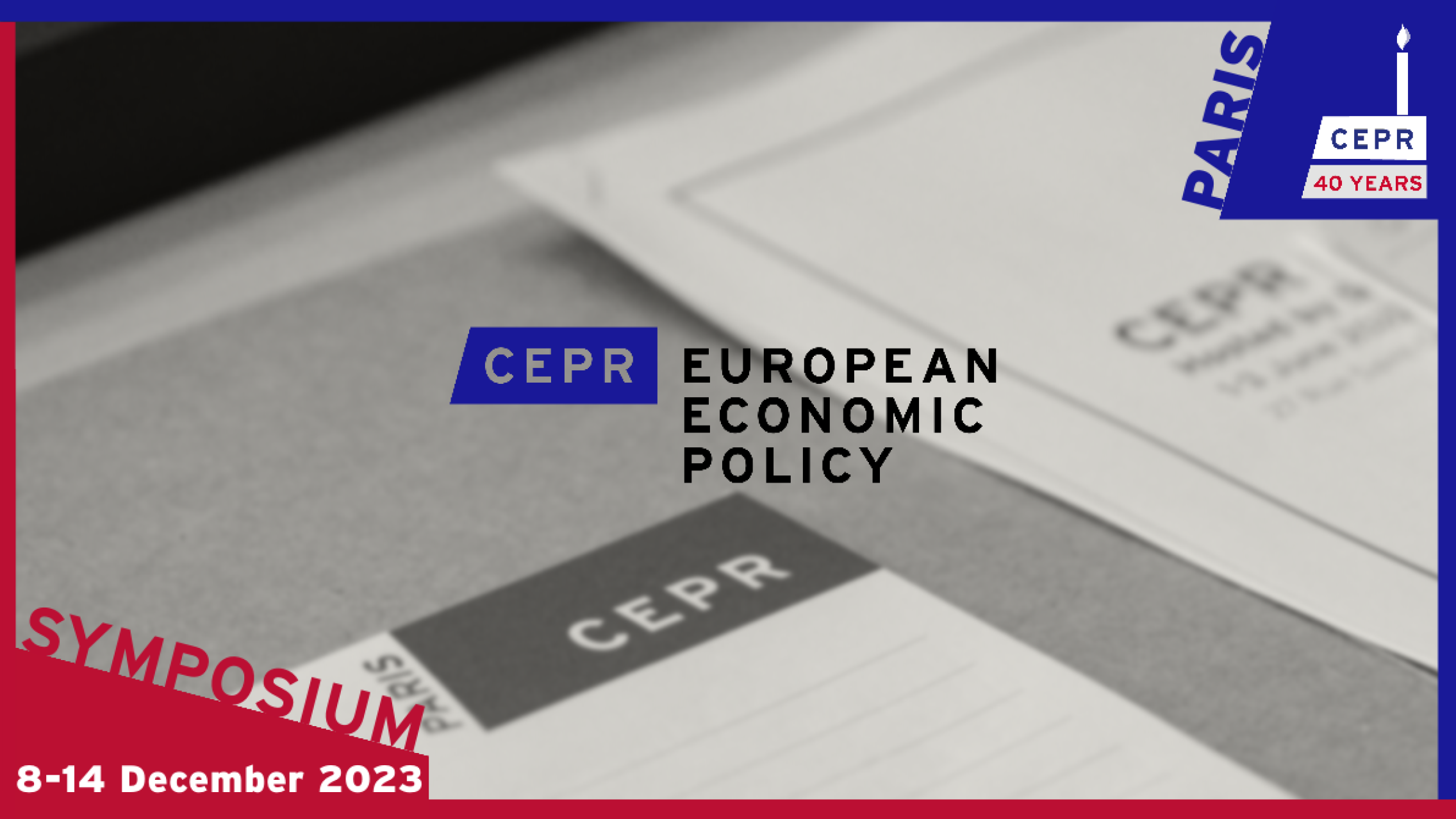






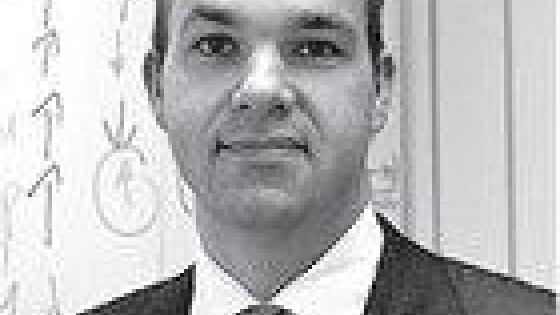






























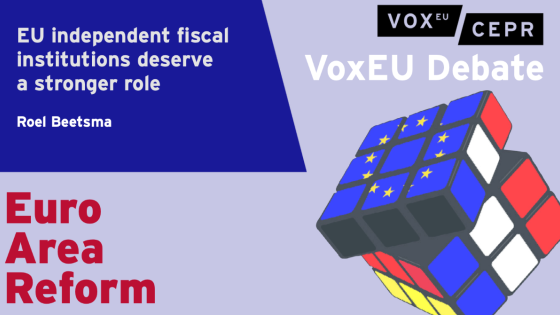
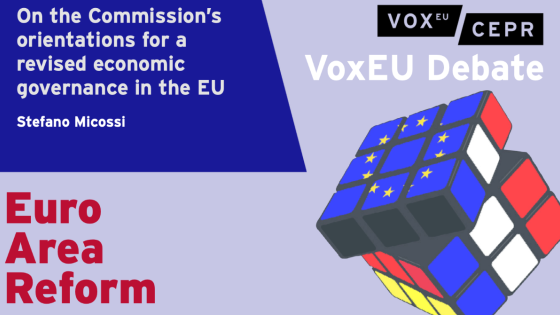
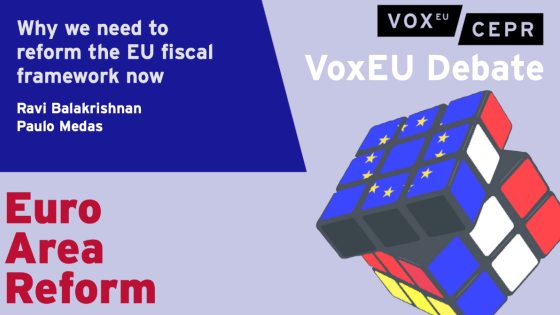
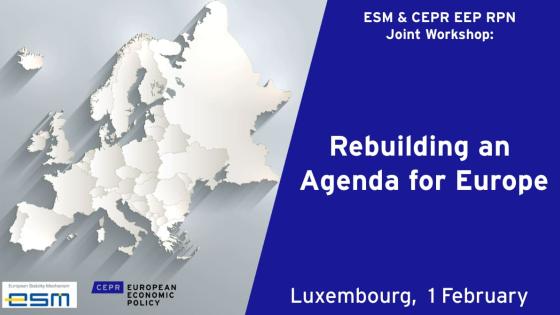
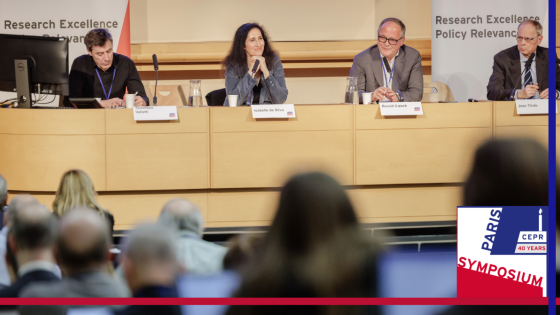
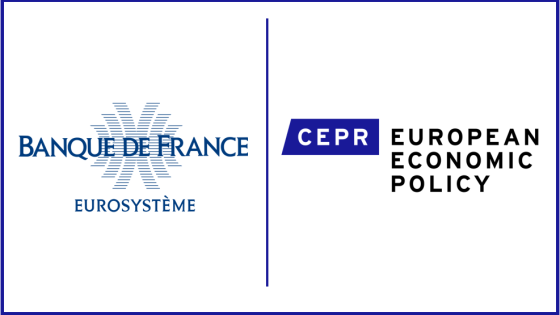
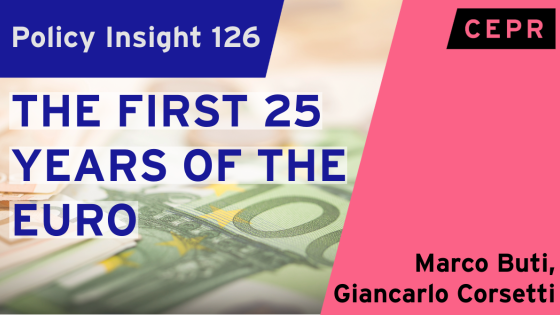

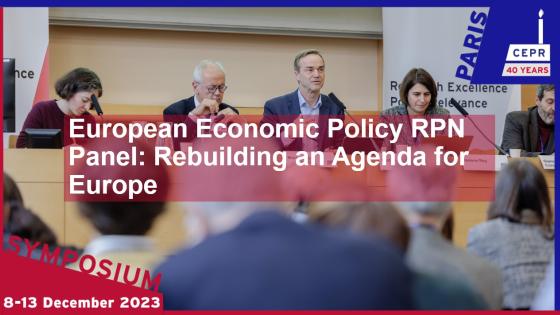



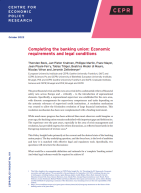

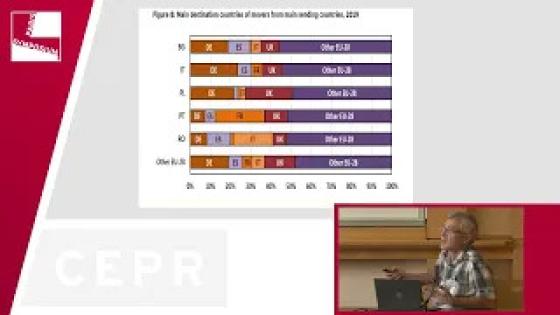

Chair: Jean Pisani-Ferry (Bruegel, EUI, PIIE, Sciences Po and CEPR)
The economics of migration to the EU
Jonathan Portes (King's College London and UK in a Changing Europe)
Recorded at the CEPR Paris Symposium, 1-3 June 2022
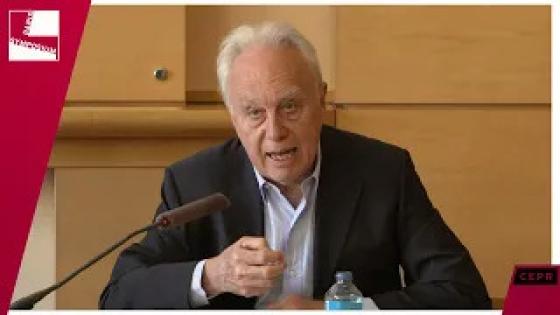

Chair: Jean Pisani-Ferry (Bruegel, EUI, PIIE, Sciences Po and CEPR)
Panellists:
Agnès Bénassy Quéré (Ministry of Economy and Finance, France, PSE and CEPR)
Francesco Giavazzi (Bocconi University and CEPR)
Luis Garicano (Renew Europe and CEPR)
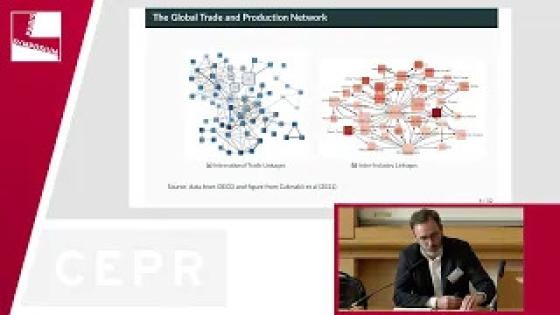

Chair: Jean Pisani-Ferry (Bruegel, EUI, PIIE, Sciences Po and CEPR)
Macroeconomic Policy Choices at the Current Juncture based on Fiscal policy in the age of Covid: Does it ‘get in all of the cracks’
Pierre-Olivier Gourinchas (IMF and CEPR), with Şebnem Kalemli-Özcan, Veronika Penciakova, and Nick Sander
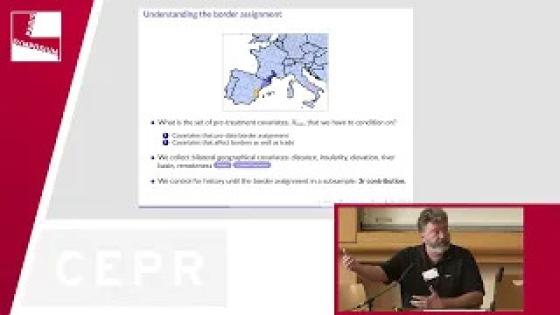

Chair: Jean Pisani-Ferry (Bruegel, EUI, PIIE, Sciences Po and CEPR)
Borders within Europe
Jaume Ventura (CREI, UPF, BSE and CEPR)
